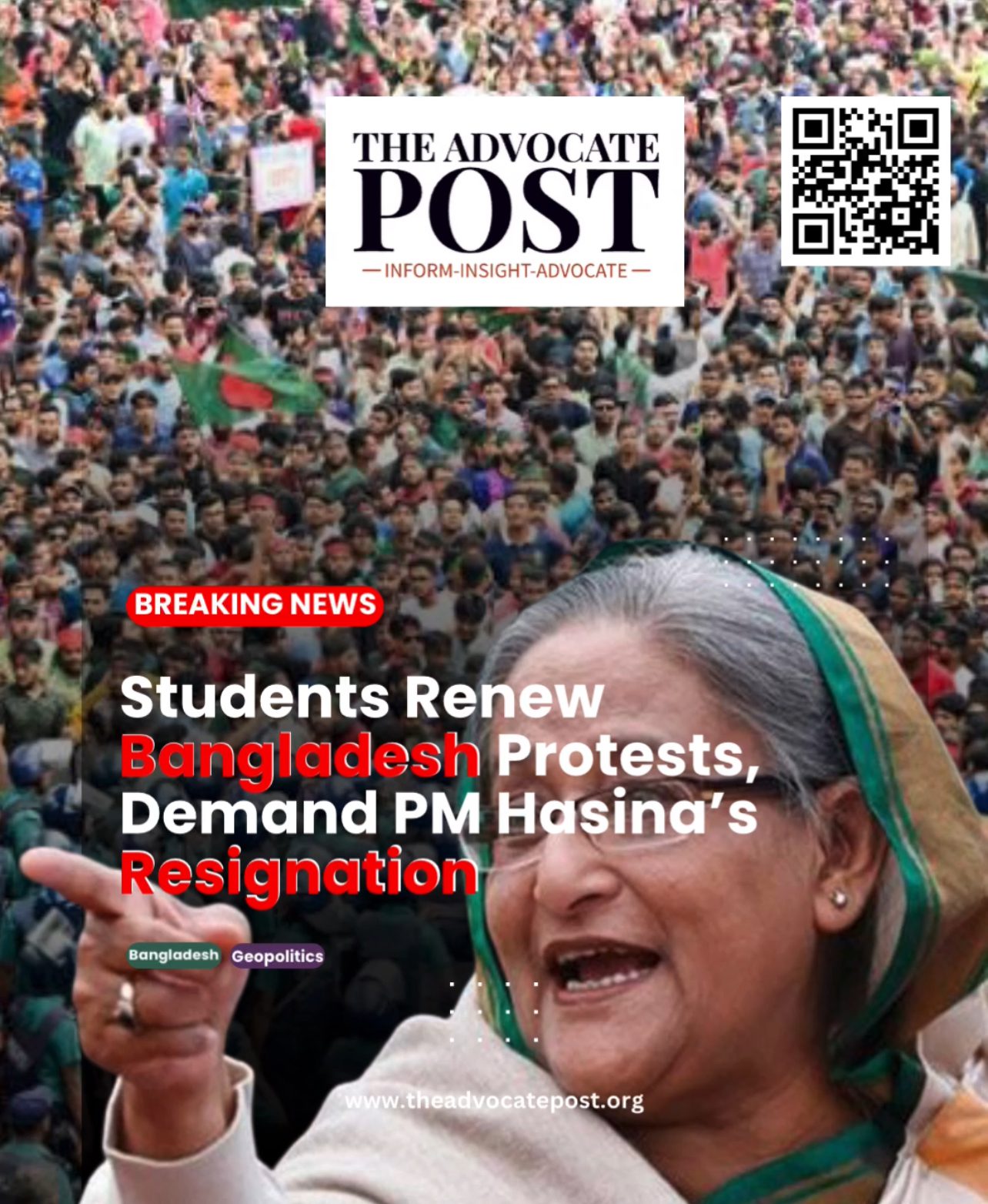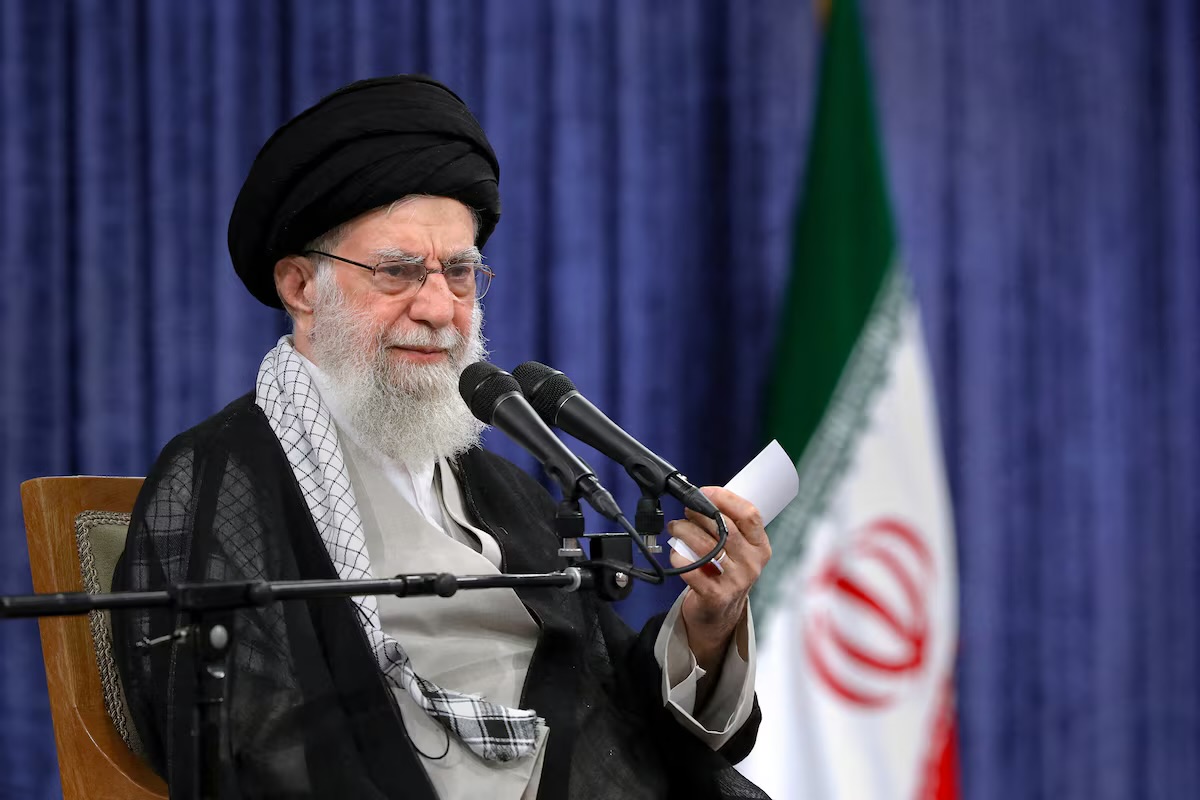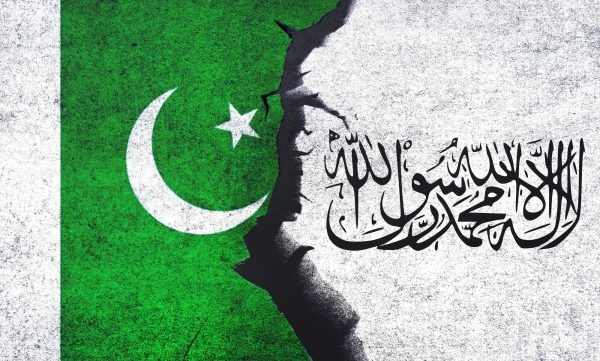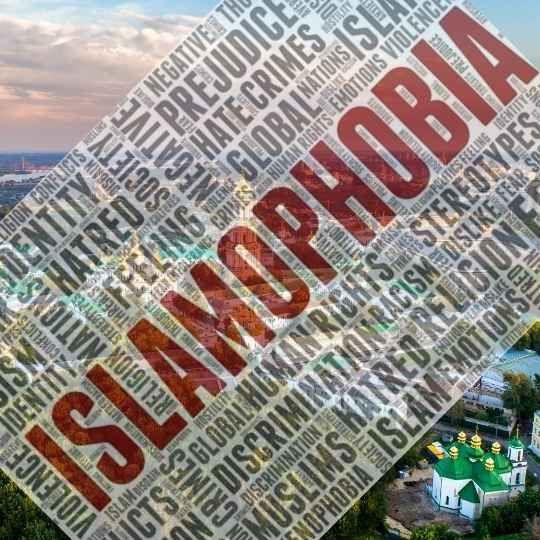News Desk
The Advocate Post: Protesters in Bangladesh have taken to the streets in large numbers, demanding justice for the more than 200 people killed in last month’s student-led demonstrations over quotas in government jobs.
On Saturday, student leaders called for a nationwide civil disobedience campaign until Prime Minister Sheikh Hasina’s government resigns. The group, Students Against Discrimination, which organized the initial protests, refused an offer of talks with Hasina earlier in the day.
“She must resign and she must face trial,”
said Nahid Islam, the group’s leader, addressing thousands at a monument to national heroes in Dhaka.
Al Jazeera’s Tanvir Chowdhury reported that the student movement has now turned “into a public movement,” with people from all walks of life joining the protests. Clashes also occurred between protesters and police in the Gazipur and Comilla districts on the outskirts of the capital.
Prime Minister Hasina invited protest leaders to meet at her official residence, Ganabhaban, stating the “door is open.” She expressed a desire to listen to the students and avoid conflict, and appointed three senior officials to negotiate with the protesters.
The protests began over the reintroduction of a quota scheme, which reserved more than half of all government jobs for certain groups. This move upset graduates facing a severe unemployment crisis, with about 18 million young Bangladeshis out of work.
Initially peaceful, the protests turned violent following attacks on demonstrators by police and pro-government student groups. In response, the government imposed a nationwide curfew, deployed troops, and shut down the mobile internet network for 11 days to restore order.
Home Minister Asaduzzaman Khan claimed that security forces operated with restraint but were “forced to open fire” to protect government buildings. The deadly crackdown resulted in at least 200 deaths, including 32 children, and hundreds of injuries from pellet guns.
UN experts have called for an immediate end to the violent crackdown and for accountability for human rights violations. UN Human Rights Chief Volker Turk urged the government to disclose details about those killed, injured, or detained. European Union foreign policy chief Josep Borrell also called for an international probe into the
“excessive and lethal force against protesters.”





